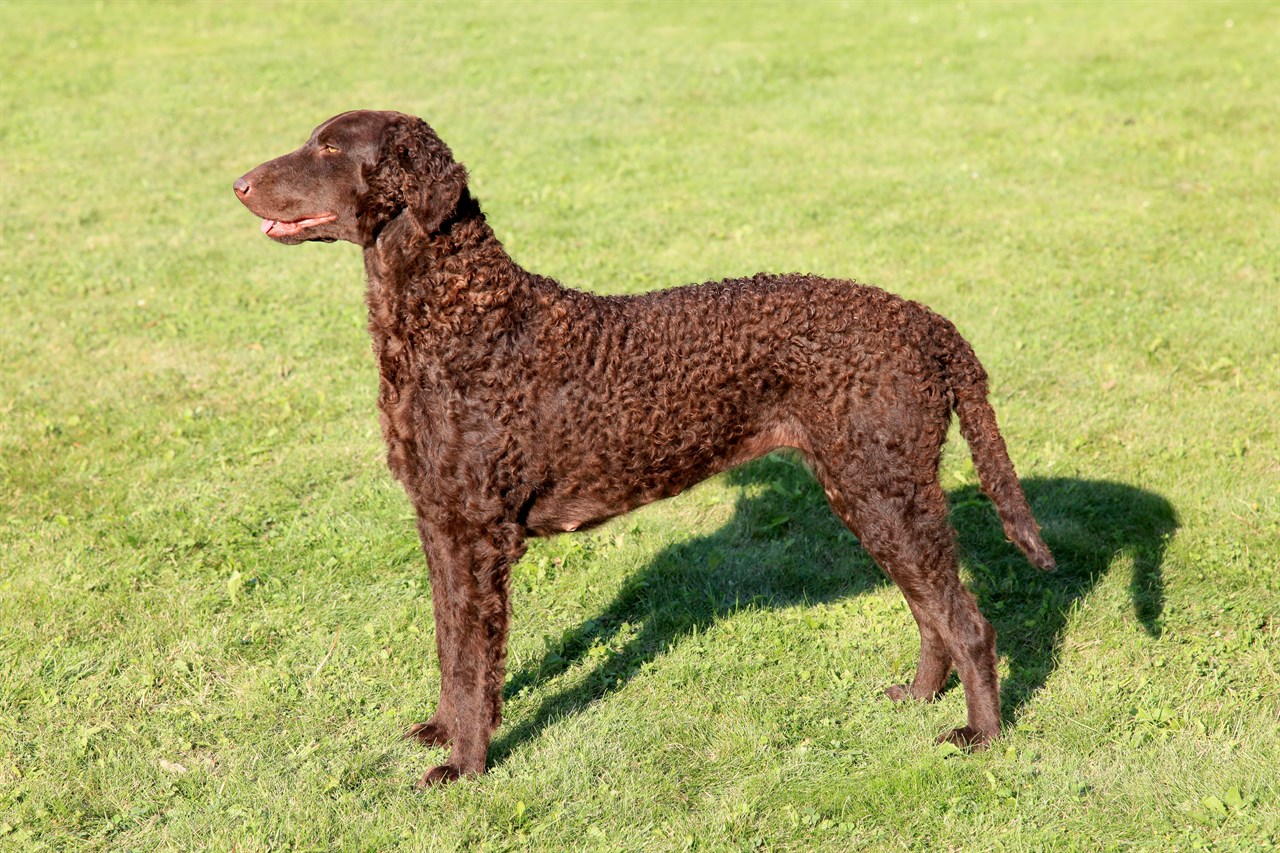Sleeping Requirements and Sleeping Habits of the Curly Coated Retriever

Understanding the sleeping requirements and habits of the Curly Coated Retriever is essential for providing them with a comfortable and restful environment. Like all dogs, Curly Coated Retrievers have specific sleep patterns and needs that contribute to their overall well-being.
Sleep Duration
Curly Coated Retrievers, like most adult dogs, typically require around 12 to 14 hours of sleep per day. Puppies and older dogs may need even more sleep. This sleep includes both nighttime sleep and naps during the day.
Nighttime Sleep
Curly Coated Retrievers are adaptable and can adjust their nighttime sleep patterns to fit their owners' schedules. They often prefer to sleep near their human family members and may choose a comfortable spot in the home, such as a dog bed or a crate. Providing a designated sleeping area can help establish a consistent routine.
Napping
Curly Coated Retrievers enjoy napping throughout the day, especially after periods of play or exercise. Naps help them recharge and are a natural part of their sleep pattern.
Comfort
Providing a comfortable and quiet sleeping environment is essential for your Curly Coated Retriever's well-being. A soft and supportive dog bed or crate with cosy bedding can offer them a secure and restful place to sleep.
Physical Activity
Regular exercise and mental stimulation during waking hours contribute to a more restful sleep. Ensuring your Curly Coated Retriever receives adequate exercise can help prevent restlessness and promote better sleep.
Age-Related Changes
As dogs age, their sleep patterns may change. Senior Curly Coated Retrievers may sleep more during the day and night and may become less active. It's essential to accommodate their changing needs and provide a comfortable sleeping area that's easily accessible.
Monitoring Health
Sudden changes in your Curly Coated Retriever's sleep patterns or excessive lethargy may be indicative of underlying health issues. If you notice any significant changes in their sleep habits, it's essential to consult with a veterinarian to rule out any health concerns.
Consistent Routine
Dogs thrive on routines, so establishing a consistent daily schedule for feeding, exercise, and bedtime can help regulate their sleep patterns. A predictable routine can also reduce anxiety and promote better sleep.
Bedtime Cues
Some owners find it helpful to establish bedtime cues, such as a specific command or a particular bedtime routine, to signal to their Curly Coated Retriever that it's time to sleep.
Stress and Anxiety
High levels of stress or anxiety can disrupt a dog's sleep patterns. Providing a calm and secure environment and addressing any sources of stress can contribute to more restful sleep.
In summary, Curly Coated Retrievers have sleep requirements and habits that are influenced by factors such as age, exercise, and routine. Providing a comfortable and consistent sleeping environment, along with meeting their physical and mental needs, can help ensure that your Curly Coated Retriever enjoys restful and rejuvenating sleep, contributing to their overall health and well-being.
Curly Coated Retriever puppies for sale
- Find Curly Coated Retriever puppies for sale in ACT
- Find Curly Coated Retriever puppies for sale in NSW
- Find Curly Coated Retriever puppies for sale in NT
- Find Curly Coated Retriever puppies for sale in QLD
- Find Curly Coated Retriever puppies for sale in SA
- Find Curly Coated Retriever puppies for sale in TAS
- Find Curly Coated Retriever puppies for sale in VIC
- Find Curly Coated Retriever puppies for sale in WA